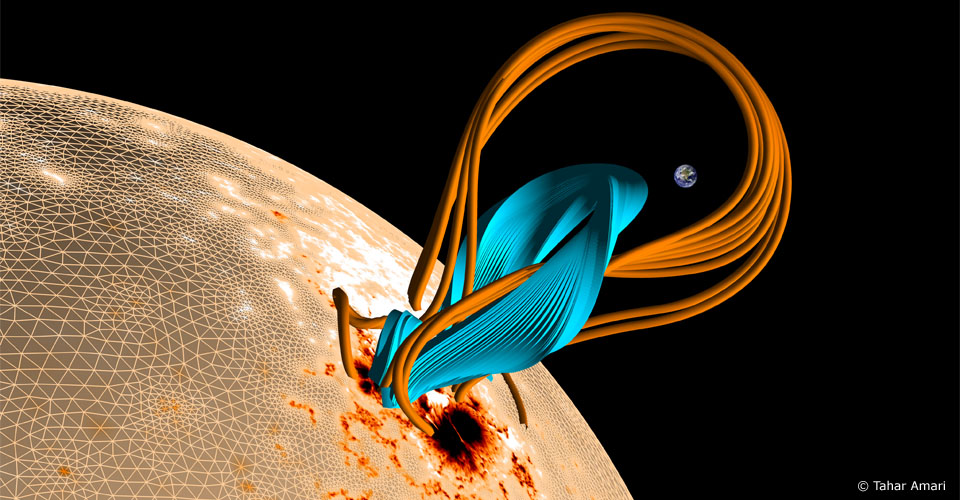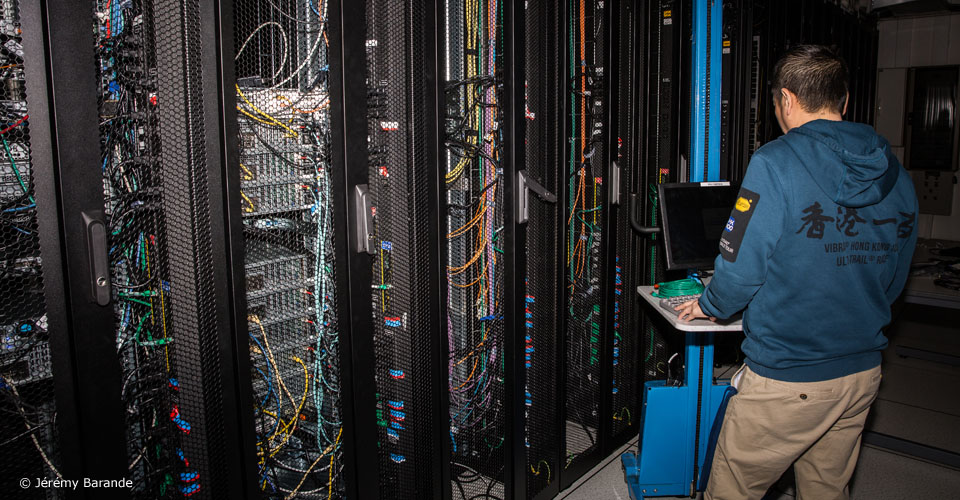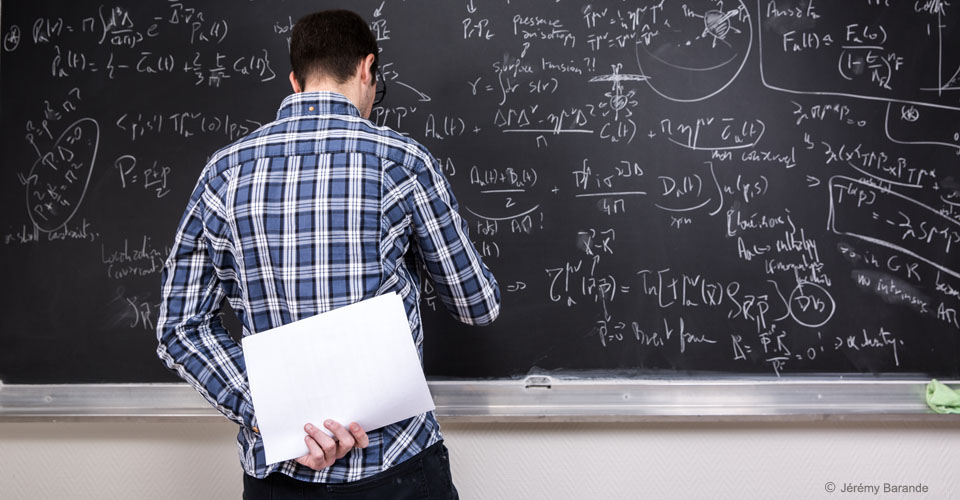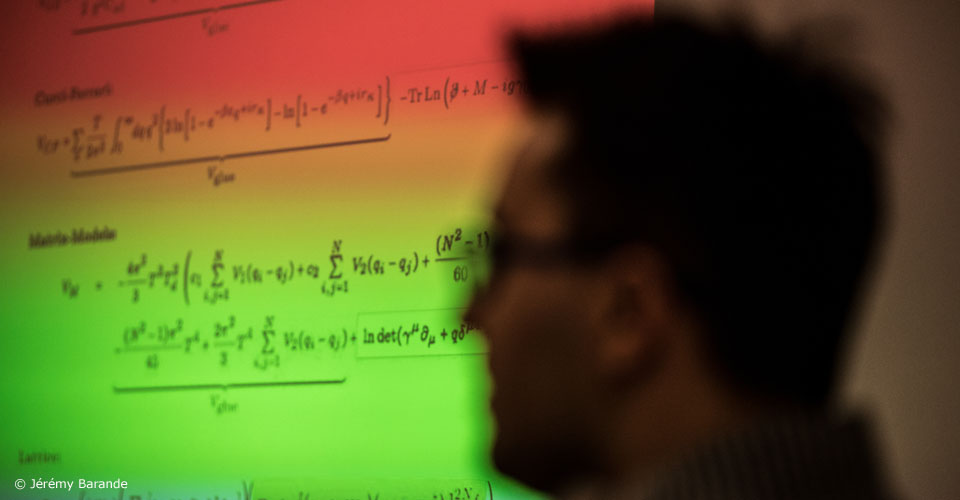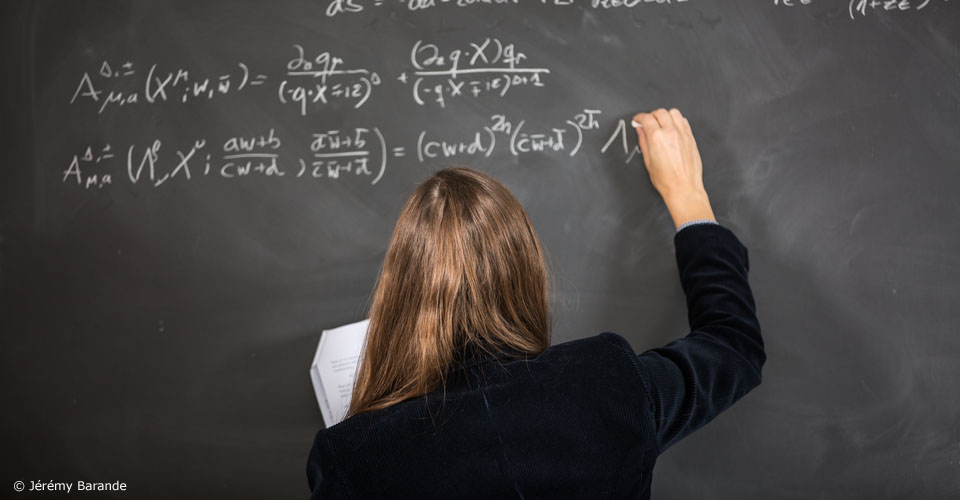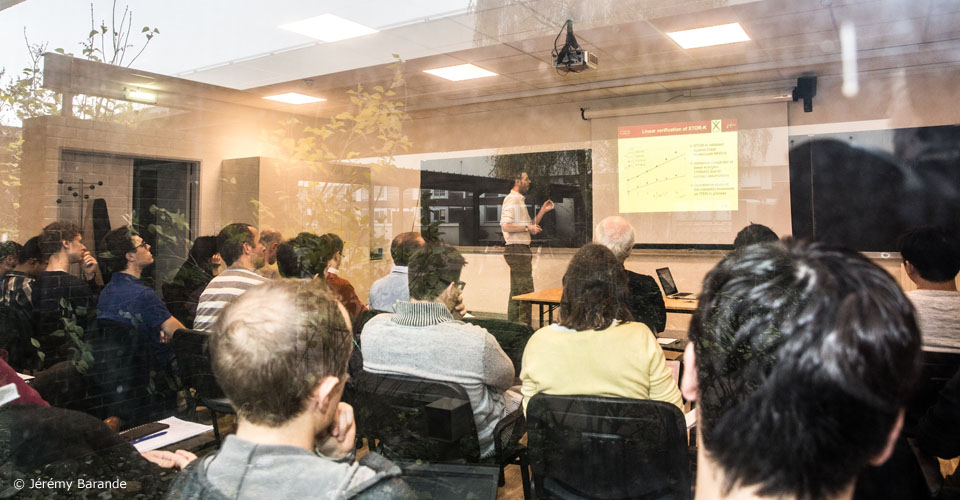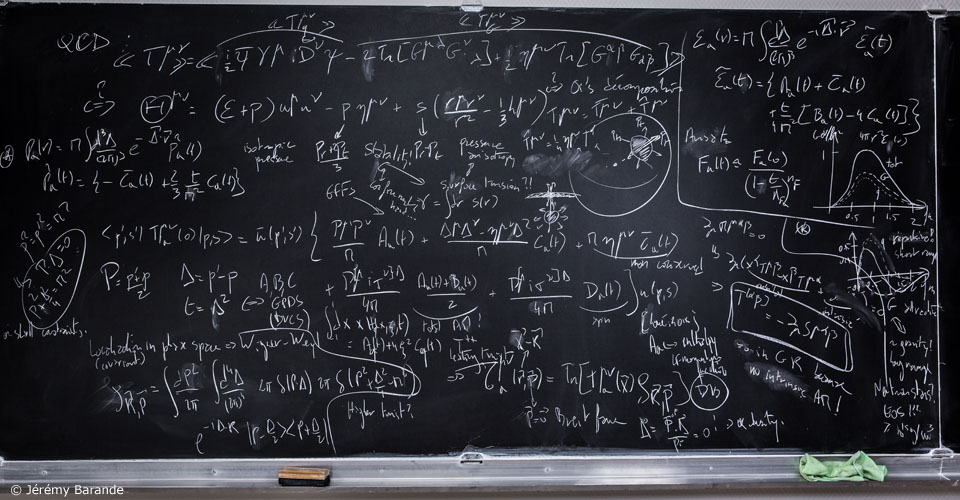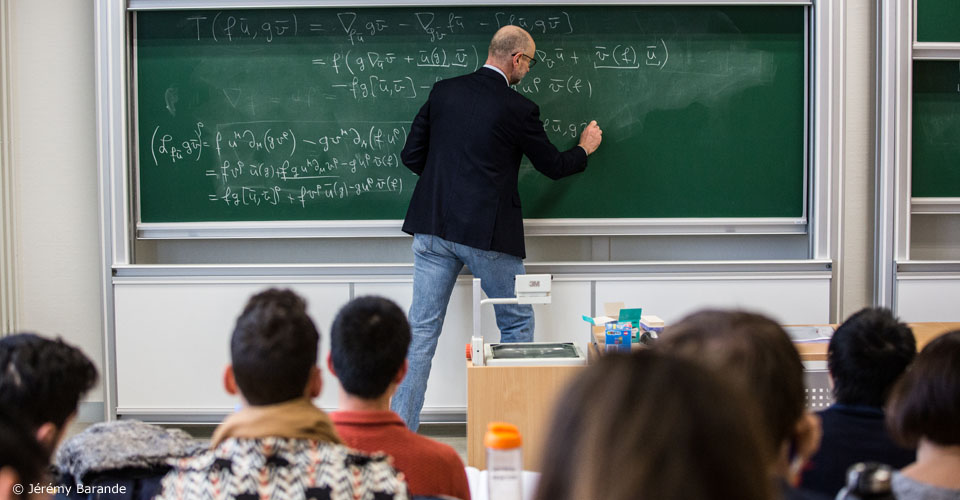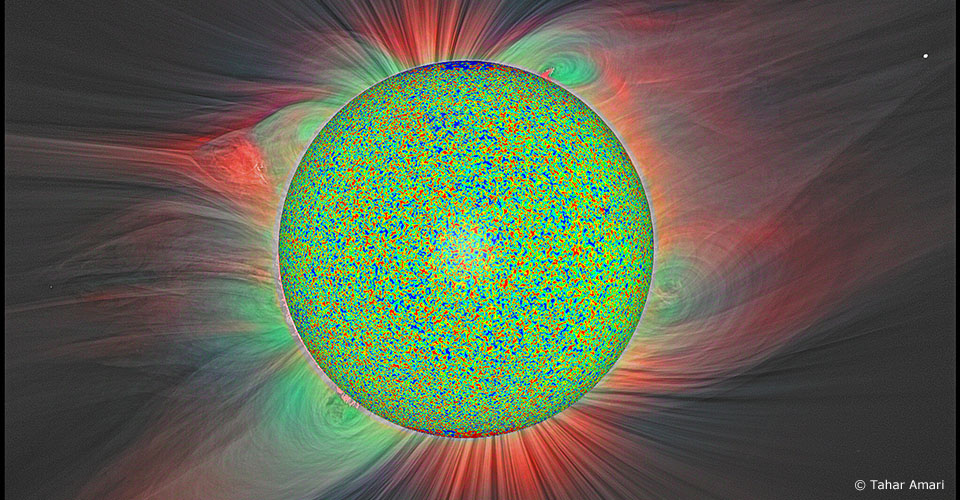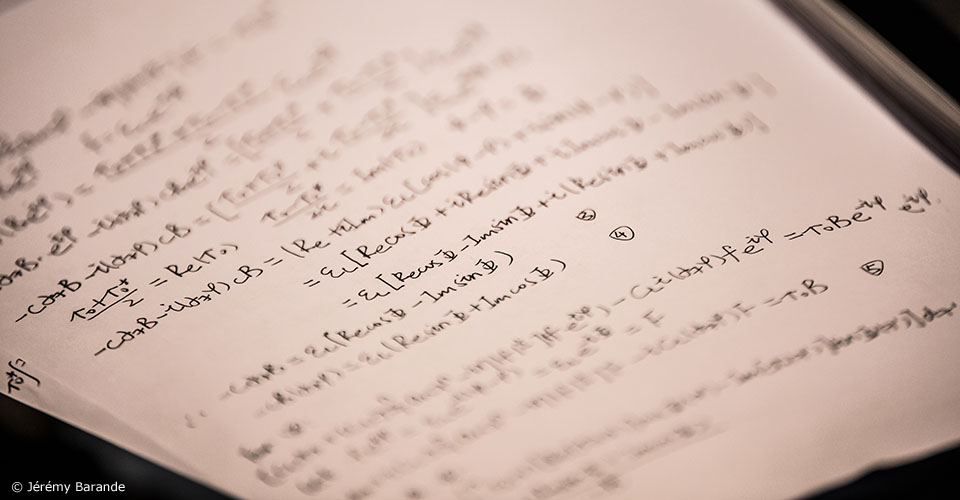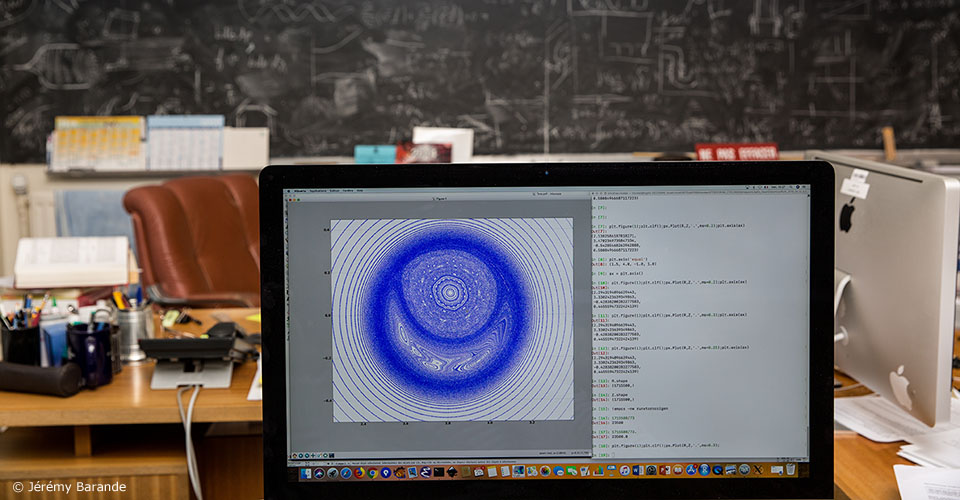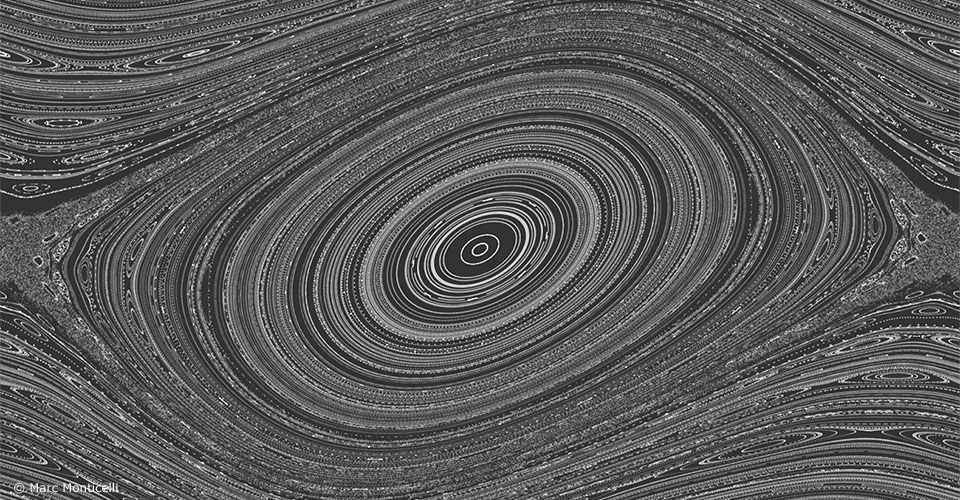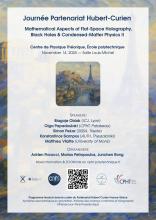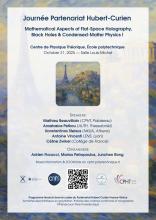October 14 (Tuesday), 14:00, Room Louis Michel (CPHT)
Speaker: Sarath Prem (International Research Centre MagTop, Institute of Physics, Polish Academy of Sciences, Warsaw, Poland)
Title: Distinguishing Majorana bound states from accidental zero-energy modes with a microwave cavity
Abstract: Detecting Majorana bound states (MBSs) in hybrid nanowires is challenging as their transport measurement signatures are often mimicked by trivial zero-energy Andreev bound states (ABSs) or zero-energy quasi-Majorana states (QMBSs) [1]. In this talk, I will present an alternative approach that relies on microwave absorption visibility that is extracted from parity-dependent cavity-nanowire susceptibility measurements [2]. We study a one-dimensional Rashba spin–orbit nanowire with an s-wave superconductor-covered proximitized region and an uncovered quantum dot region subjected to a magnetic field along the wire axis with spatially varying capacitive coupling to a single-mode cavity [2]. True MBSs yield a visibility extremum only when both Majorana modes at superconducting edges simultaneously couple to the cavity, even at resonant transitions from the zero-energy MBS state, exhibiting their nonlocal characteristics. In contrast, the zero-energy ABSs or QMBSs show a visibility extremum even when the cavity couples only locally to part of the nanowire. This distinction remains robust even with disorder or barriers. Owing to the recent experiments [3] of poor man’s Majorana (PMM) [4], we show that the visibility retains the nonlocal detection features and outline a scheme to initialize the PMM system to a particular parity [2]. Our results establish cavity-based visibility measurements as a nonlocal probe for MBS, offering a complementary tool for distinguishing MBSs from ABSs and QMBSs.
References:
[1] E. Prada, P. San-Jose, M. W. A. de Moor, A. Geresdi, E. J. H. Lee, J. Klinovaja, D. Loss, J. Nygård, R. Aguado, and L. P. Kouwenhoven, Nat Rev Phys 2, 575 (2020). [2] S. Prem, O. Dmytruk, and M. Trif, “Distinguishing Majorana bound states from accidental zero-energy modes with a microwave cavity,” (2025), arXiv:2509.13194. [3] T. Dvir, G. Wang, N. Van Loo, C.-X. Liu, G. P. Mazur, A. Bordin, S. L. D. Ten Haaf, J.-Y. Wang, D. Van Driel, F. Zatelli, X. Li, F. K. Malinowski, S. Gazibegovic, G. Badawy, E. P. A. M. Bakkers, M. Wimmer, and L. P. Kouwenhoven, Nature 614, 445 (2023). [4] M. Leijnse and K. Flensberg, Phys. Rev. B 86, 134528 (2012)./p>

